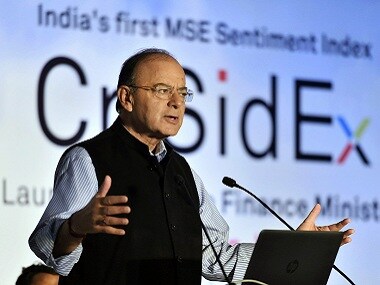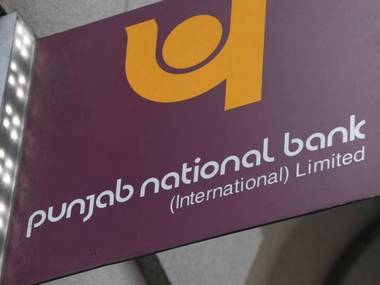The late Justice Krishna Iyer way back in 1984 while addressing chartered accountants (CAs) asked in his usual pompous style: Who will audit the auditors, who will police the police and who will judge the judges? More than three decades later the government has at last found the answer for the first. We Indians do not react, leave alone act proactively, unless a crisis blows on our face. It took a Nirav Modi, who swindled Rs 12,600 crore from the public sector Punjab National Bank under the very nose of a battery of auditors, to give a wake-up call to the government.
The Cabinet on 1 March, 2018 cleared for implementation the machinery under Section 132 of the Companies Act ----National Financial Reporting Authority (NFRA) to regulate chartered accountants. NFRA would audit the auditors, as it were. Simultaneously, it also cleared the Fugitive Economic Offenders Bill to be tabled in the ongoing Budget session of the Parliament pursuant to which if an economic offender flees the country--after piling up for himself and his associates including benamis proceeds of crime exceeding Rs 1,000 crore and refuses to answer the summons of the special court constituted under the fugitive law---his assets both in India and abroad can be confiscated and distributed amongst the rightful claimants by the administrator appointed under the fugitive law.
While skeptics would question the effectiveness of the proposed law insofar as it seeks to travel outside Indian jurisdiction given the past experience as well as absence of international consensus in this regard, the move is nevertheless welcome. The proposed law advisedly should not also harp about ‘proceeds of crime’ because there could be several encores of 2G.
The 2G verdict of the trial court on 21 December, 2017 absolved the accused of charges of financial crime precisely for this reason---prosecution’s inability to prove that Rs 200 crore transferred through multiple layering from Seychelles to Kalaigyar TV in which DMK Supremo Karunanidhi’s daughter Kanimozhi is a director was proceeds of crime. Aren’t borrowers expected anyway to repay whether they commit crime or operate above board?
Coming back to auditors, well, they had it coming. For too long have they taken smug shelter behind the watchdog-not-bloodhound defence. This defence has served to dilute the credibility of the whole profession like nothing else has. Prime Minister Narendra Modi is being pilloried for failing in his self-inflicted watchdog role whereas in all fairness to him, the job to stem the rot in our banking system is admittedly that of ferocious bloodhounds. In this day and age, when funds can be transferred across continents with a click of the mouse, auditors have to gird their loins and catch up with the crooked ways of white collared criminals.
Would NFRA have the powers to morph the auditors into bloodhounds? The truth is forensic audit is one thing but actual nabbing of culprits and their crime is quite another. All that should be expected of the auditors is their preparedness and agility to blow the whistle at the first whiff of trouble without splitting hairs and passing buck as to whose lot it was to raise alarms---internal auditor’s or statutory auditor’s? Auditors must be deemed to have performed their duty if they inform NFRA of the brewing fraud in a company or bank. It should then be the lot of the NFRA to follow up in close cooperation with law enforcement and investigative agencies. Auditors simply do not have the wherewithal to follow the money trail.
It is good that only auditors of listed companies and large non-listed companies would come under the regulation of NFRA. Self-regulation all these years has meant letting the delinquent professionals off with a rap on the wrist. The only time the ICAI acted tough was against PricewaterhouseCoopers and its delinquent partners for their dubious and slack role in L’affaire Satyam Computers.
(The writer is a senior columnist. He tweets @smurlidharan)
Published Date: Mar 05, 2018 07:59 AM | Updated Date: Mar 05, 2018 08:02 AM



